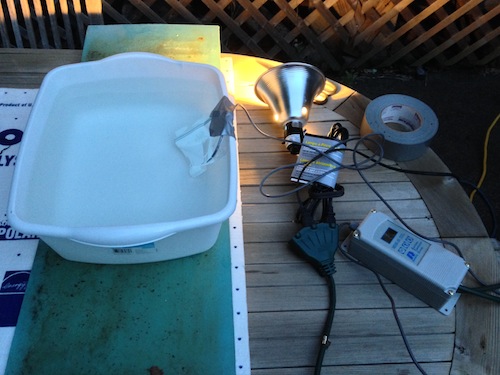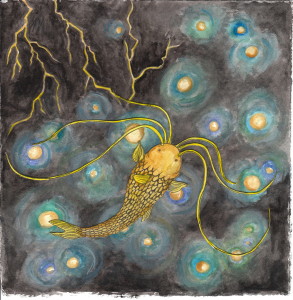Here’s a thing I’ve learned through all the reading I’ve been doing about floating: the body has a relaxation response as the physiological counterpart to the fight-or-flight response. I was surprised — I hadn’t heard of this before — and then that thought was almost instantly followed by “of course it does”.

Fight-or-flight is well known, and had been extensively studied for almost a century. The body responds to perceived threat or danger with a reflex that releases hormones like adrenalin and cortisol, speeding the heart rate, slowing digestion, shunting blood flow to major muscle groups, and changing various other autonomic nervous functions. This gives the body a burst of energy and strength to defend ourselves under physical attack.
The shifts triggered by the adrenalin and cortisol are hard on the body — they’re supposed to be an emergency reaction, not the normal state of being. The body expects that after running or fighting, we’ll stop and rest and relax, giving it a chance to clean up. But unfortunately for us, the modern world frequently supplies stressful situations that trigger fight-or-flight where neither fight nor flight is a reasonable response, and where we also don’t get a clear time to stop.
Continue reading The relaxation response and altered states of consciousness




